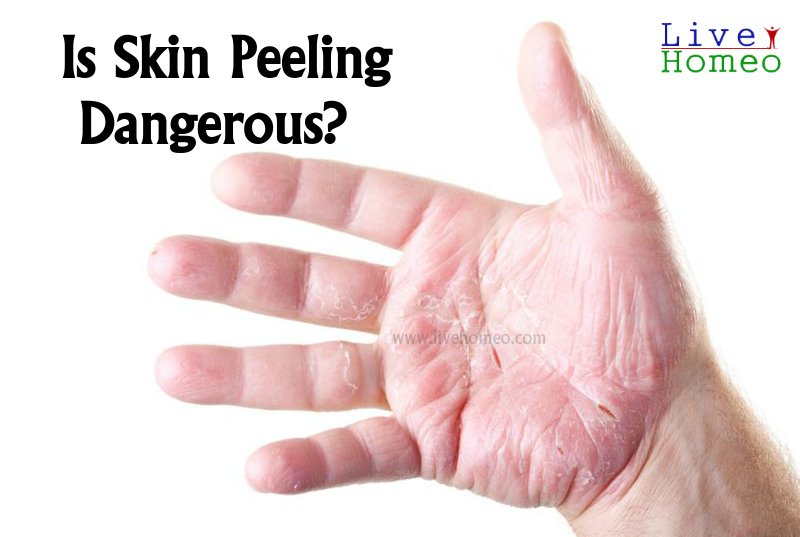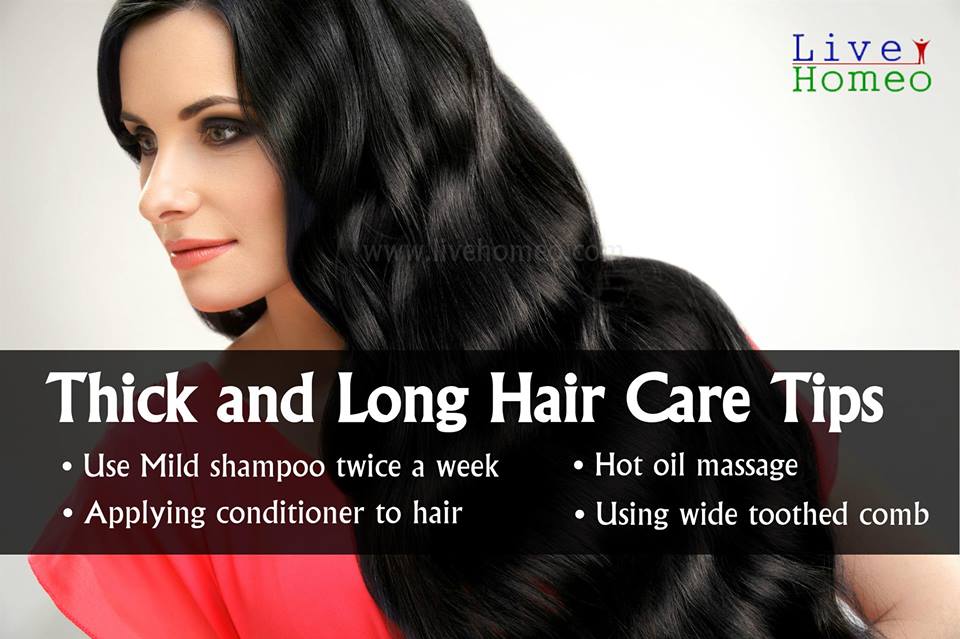Skin Started Peeling want to know the Causes and Symptoms
Is your Skin Started Peeling off? Then it can be due to several factors like skin infections, skin allergies, eczema, psoriasis, skin rashes, over-exposure to sunlight, immune system disorders, and so on. Skin peeling is a condition where the outer layer of skin i.e. epidermis slowly gets peeled off. This peeling of skin can be seen in different parts of the body like the face, hands, legs, fingers, and others. It is the natural process of skin where dead skin cells are removed. In healthy skin, this process of peeling skin on the face is not really noticeable as it happens gently, whereas excess peeling of skin can be due to skin damage and serious health disorders. Even though skin peeling is painless, but it can be distressing.
Reasons for Skin Started Peeling
Skin peeling can be a sign of underlying health or skin problems. Skin peeling can be caused due to several minor and major factors. Here are few common causes of skin peeling
- Dry skin
- Sunburn
- Skin Allergies and infections
- Skin rashes
- Environmental changes
- Immune system disorders
- Eczema
- Psoriasis
- Genetics (peeling skin syndrome)
- Ringworm
- Scarlet fever
- Seborrheic dermatitis
- Usage of chemical peels
- Different types of skin cancers
Is Skin Started Peeling dangerous?
Though in early stages skin peeling starts in small patches in one particular area, later on, it spreads to other parts of the body. Skin peeling can be dangerous, as with continuous peeling your skin may not be able to absorb essential nutrients like vitamin A and vitamin D, which can affect your wellbeing. With peeling, you may also lose some proteins and also face dehydration problems. Our skin mainly safeguards our body and inner organs by avoiding several infections and other chemicals from entering inside. But due to chronic skin peeling, it loses its abilities and increases our risks. In severe cases, skin peeling can also be life-threatening, it can aggravate several infections and even heart failure.
When to consult a specialist?
In most cases, skin peeling is caused due to sunburn, dry skin, and environmental changes and this type may not require medical assistance as it gets sorted off within weeks. But if you face signs of skin peeling along with other symptoms like weight loss, fever, fatigue, muscle pain, and joint pain, then it can be due to some underlying health issues like skin allergies, infections or even due to skin cancers and is crucial for you to consult experts and get it diagnosed for quick results. Do not use any lotions or therapy without consulting your doctor, as this may worsen your condition by leading to allergies and other complications. Use natural home remedies as they are natural and have no side effects and help to keep your skin moist and smooth. Have a healthy diet, stay hydrated, keep your skin moist, use sunscreen to avoid sunburn and most importantly do not pick or cut flaking or peeling dead skin.
Follow our do’s and dont’s for healthy skin article which helps you get naturally glowing and smooth skin.




